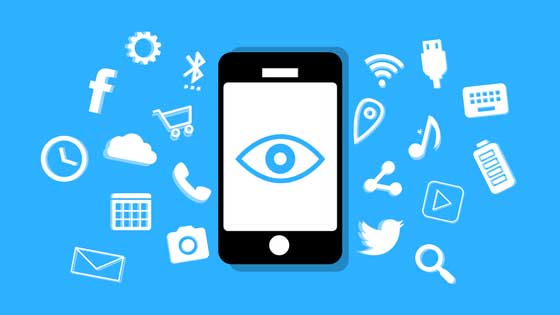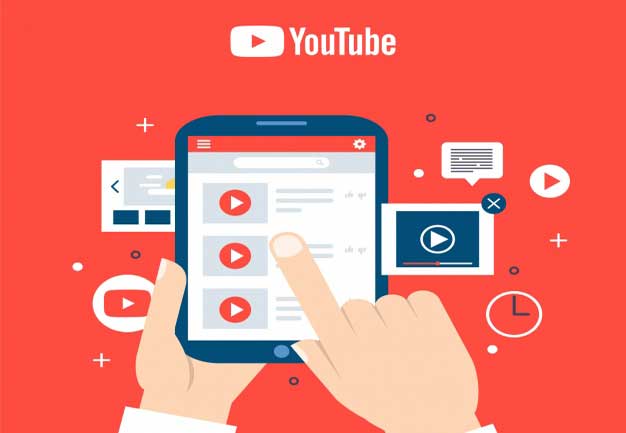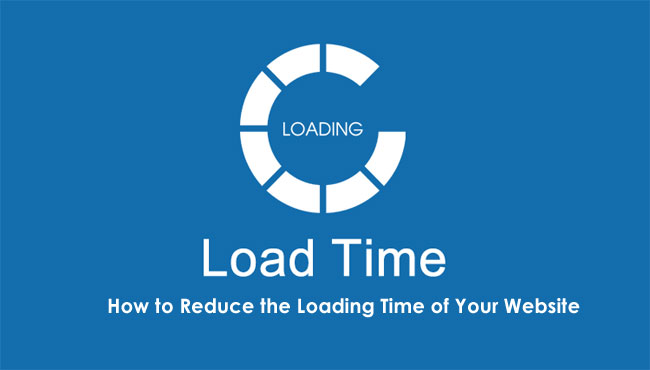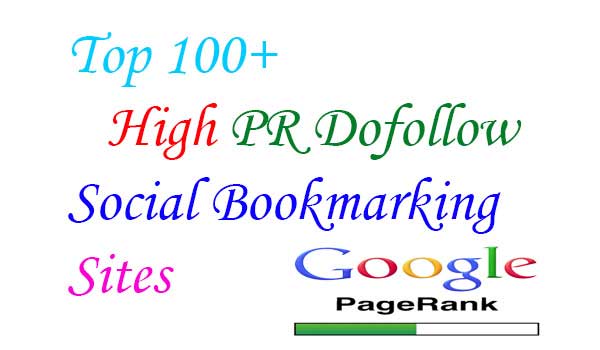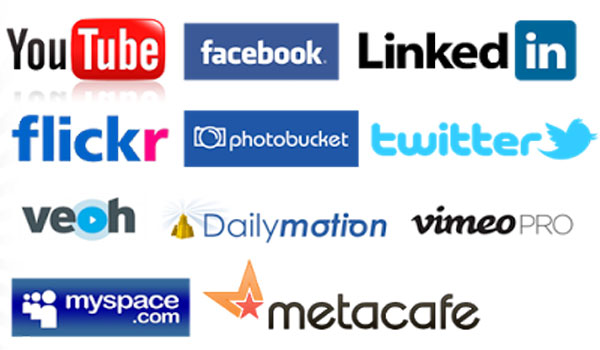Siri and Alexa were revolutionary when they arrived in the marketplace. Today, AI’s deep learning chatbots promise a future that may remove human customer service. Beyond customer service and artificial intelligence healthcare chatbot system can detect your psychological state from your voice and set up a doctor’s appointment, refill your prescriptions, notify your nurse of abnormalities in body levels, remind you to take your drugs, and learn about the medical industry along the way.
A medical chatbot is like an intern—one that can also be a companion before you see your doctor. The use of chatbot technology in healthcare cuts costs. If the promises of a medical-abiding chatbot with deeper deep-learning capacities become a reality, doctors and patients, especially patients in remote areas that do not have quick access to medical facilities, will immensely gain.
Medical Chatbot Apps
Chatbots have grown in value since the invention of Eliza. Today, many in the healthcare industry are created for specific purposes and people.
Florence: Florence is an AI chatbot for healthcare that tells you when to take your pills, monitors your health and vitals, including a woman’s periods, and books appointments with medical professionals within your location.
Your.MD: Your. MD is your AI-powered GP—General Practitioner. Your.MD has a database of answers to medical questions, especially symptoms of certain illnesses. Your. MD also helps you book a doctor’s appointment, refers you to appropriate physicians depending on your symptoms, and suggests probable diseases based on your symptoms.
Babylon Health: Babylon Health is a virtual assistant that helps you book a medical doctor or a nurse.
Other chatbots like Safedrugbot keep breastfeeding mothers safe by helping doctors detect the possible side effects of a drug, and SimSensei, are chatbot apps that have many people thinking, ‘Just maybe we can go further.’
The future of chatbots in healthcare isn’t yet sealed in stone (click the link above to learn more about it with Topflight Apps). This is because chatbots like Alexa can tell you weather reports or the time or wake you up through an alarm system. However, the healthcare industry is highly-regulated and deals with people’s lives.
Medical lapses lead to injuries and, many times, deaths; however, convincing the FDA to approve a chatbot that can prescribe a drug or go beyond the customer service is near-impossible.
The Application of Chatbot Apps in the Healthcare Industry
AI is still in its infancy; hence, creating bots with extensive capabilities, especially in the healthcare industry, can become a PR and legal nightmare if things go wrong. However, there are many safe ways to use chatbot apps, including:
– Booking doctors’ appointments
– Monitoring vitals for irregularities.
– Detecting possible side effects of a drug.
– Helping doctors and homecare assistants stay informed on the patient’s condition.
– Alerting healthcare professionals on medical emergencies.
– Mental health management
– Chronic illnesses management.
The Components of AI chatbot for healthcare
Chatbots for healthcare have four distinct structures. They include language processing, knowledge management, deep learning, and sentiment analysis.
Language processing: A chatbot functionality includes processing your language to decipher the question asked and determine an appropriate answer to the question.
Knowledge management: After deciphering a question, a chatbot analyzes its database for the best possible answers to the question. A chatbot is like an intelligent FAQ section.
Deep Learning: Deep learning separates a mere FAQ section from a chatbot and excites people about the future of chatbots in the healthcare industry. An AI chatbot for healthcare learns with every interaction it has with people. By providing the correct answer, the chatbot learns that the answer to a particular question is within a specific database. If a customer isn’t satisfied with the chatbot, the bot learns from the failure and provides a better answer next time.
Sentiment Analysis: A medical chatbot app detects distress in your voice and can quickly book a doctor or refer you to an appropriate healthcare professional. A chatbot can also help people dealing with mental health issues.
Medical Chatbot App Limitations
While many people envisage chatbot prospects in the medical industry, the hurdles are real and hectic. Health compliance issues are severe issues in any serious country. The United States HIPAA and FDA will surely come down on a chatbot’s functionalities and performance processes to ensure that every nuance of the bot’s system complies with current medical instructions. It’s a long haul! Other compliance issues include privacy and data sharing.
Is AI chatbot for healthcare the future? Yes, if AI’s development surpasses present technology. The demand for AI in healthcare exists, and a breakthrough would mean unimaginable financial gains for the creators.



